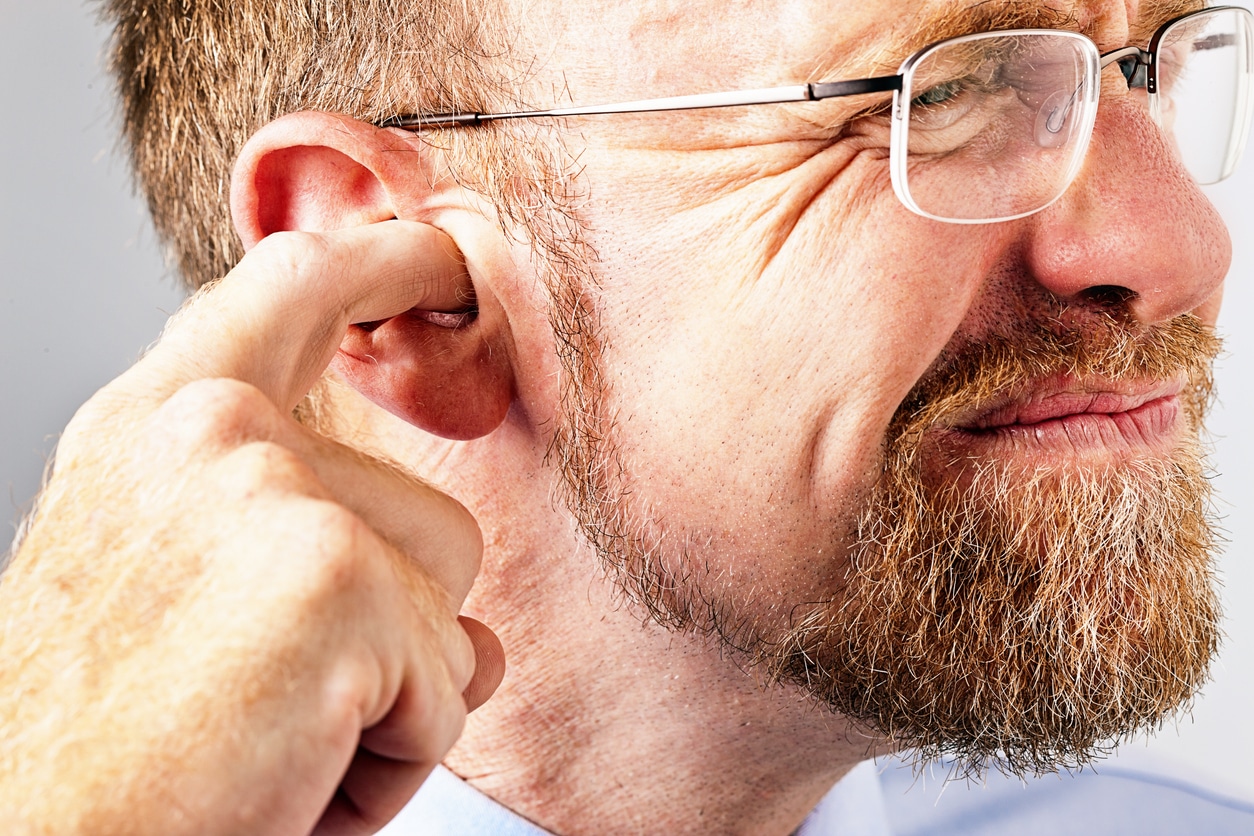When people experience infections, they often consider the steps needed to get better and may not give much thought to the impact an infection could have on hearing.
Whether you’re a frequent swimmer at Long Bridge Aquatics Center or your household is navigating illness during cold and flu season, it’s helpful to be aware of how some lesser-known infections could impact hearing.
Learn more about these infections:
Swimmer’s Ear (Otitis Externa)

Swimmer’s ear, or otitis externa, is especially common during warmer months when kids and adults alike enjoy activities in water. This outer ear infection happens when water remains in the ear canal after getting wet, creating a warm, damp environment optimal for bacterial growth.
If untreated, the infection may spread and interfere with hearing.
Symptoms may include:
- Irritated or itchy ears
- Drainage or puffiness
- Reduced hearing on the affected side
Ways to prevent swimmer’s ear include:
- Drying ears thoroughly after swimming
- Avoiding the use of cotton swabs or objects to clean inside the ear canal
Meningitis
This infection affects the protective membranes of the brain and spinal cord, and bacterial meningitis can harm the auditory nerve or inner ear structures. As many as 5%–35% of people with meningitis may experience hearing loss, sometimes permanently.
Timely treatment and hearing evaluations are crucial to protect long-term auditory health.
Measles and Mumps
Though rare due to vaccines, both measles and mumps still pose threats, especially in areas with fluctuating immunization rates.
Here’s what you need to know:
- Measles can lead to bacterial ear infections or inner ear inflammation
- Mumps has occasionally caused sudden hearing loss in one ear
- Measles complications like encephalitis can also interfere with hearing
Other Infections Linked to Hearing Loss
Several lesser-known illnesses can also damage hearing:
- COVID-19
- Rubella
- Zika virus
- CMV (Cytomegalovirus)
- Herpes simplex
- Pneumococcal disease
- Syphilis
These illnesses can cause inflammation or directly damage the delicate structures responsible for hearing.
If someone in your family has recently been sick with one of these infections, consider having their hearing checked. Early detection is one of the best ways to prevent long-term damage.
Stay proactive with the following:
- Monitor hearing changes during and after illnesses
- Schedule routine hearing evaluations
- Seek medical support at the first sign of hearing loss
To learn more about ways to protect your ear and hearing health, contact ENT Specialists Of Northern Virginia to schedule an appointment today.